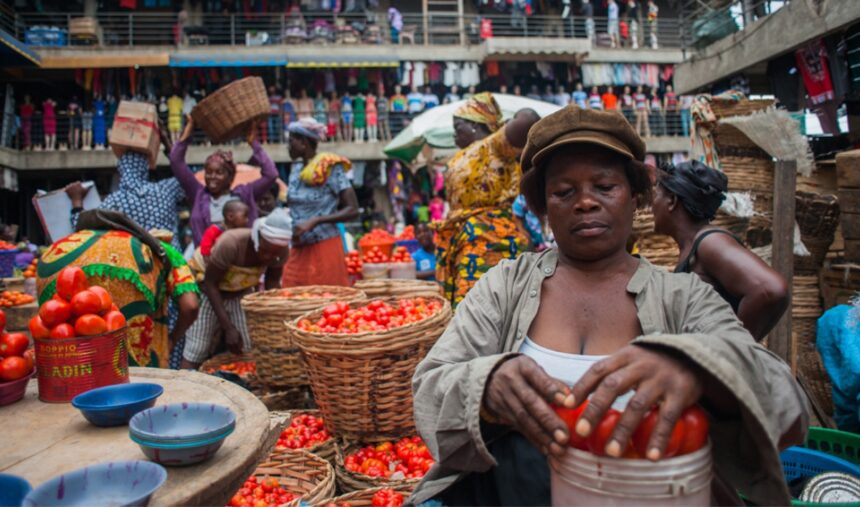The Ghana Union of Traders’ Associations (GUTA) has raised alarm over the government’s new Value Added Tax (VAT) reforms, warning that small and medium enterprises (SMEs) could suffer severe setbacks and that market competition may be distorted.
GUTA says the sudden jump from the 4% flat rate to a 20% VAT for many traders will have devastating effects. In a statement released on November 18, First Deputy Secretary General Richard Amamoo expressed the Union’s “grave concern” over the challenges posed by the new system.
While acknowledging and welcoming measures aimed at improving tax compliance and revenue collection, Mr. Amamoo stressed that the reforms carry serious unintended consequences. He noted that the new GH¢750,000 threshold will create a market divide, treating traders of the same products differently.
“Two traders in the same market could face entirely different VAT obligations,” he explained. “One may charge 20% VAT because their turnover exceeds the threshold, while the other charges nothing. This could push customers to the VAT-free trader, creating unfair competition.”
GUTA also warned that traders previously under the 4% flat rate scheme will now be moved to the 20% VAT bracket. With the daily turnover exemption of GHS 2,366, any excess could automatically push traders into the standard VAT regime, leading to higher prices for consumers and potential loss of business.
The Union called on the government to allow a modified tax system that ensures parity, arguing that a fairer structure would encourage compliance and reduce the risks of non-compliance caused by pressure and imbalance.
Mr. Amamoo further commented on the planned introduction of Artificial Intelligence (AI) at ports, supporting technology that improves efficiency but insisting that port taxes must first be rationalized “as promised” before AI deployment.
GUTA affirmed its commitment to dialogue but warned that the reforms must not “harm the livelihood of Ghanaian traders.”















